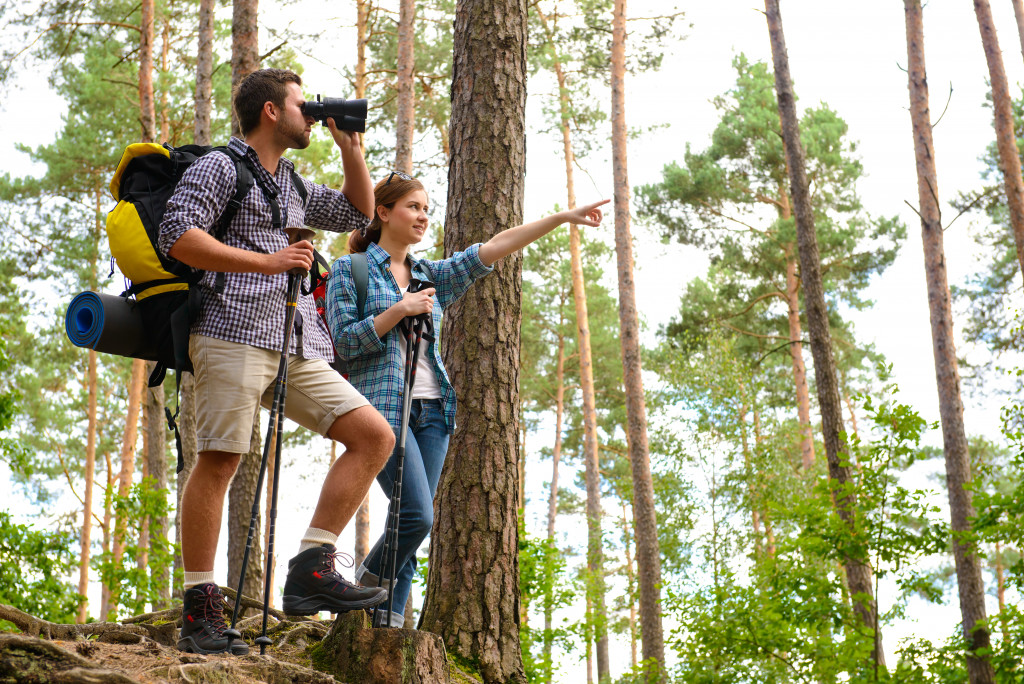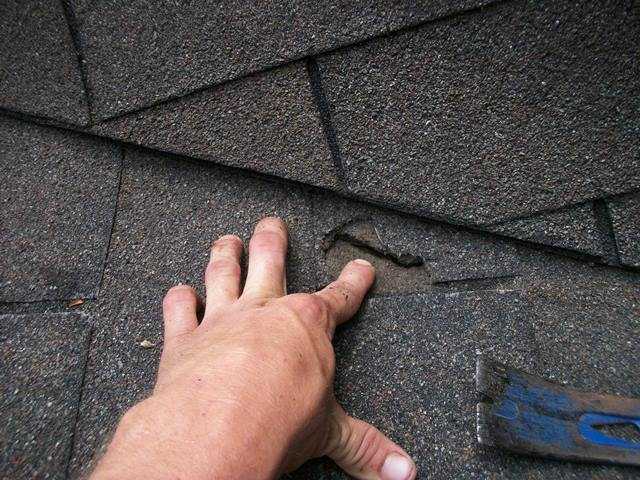Disclaimer: This website provides health information for educational purposes only and is not a substitute for professional medical advice, diagnosis, or treatment. Always seek the guidance of a qualified healthcare provider with any questions you may have.
- Spending time in nature can reduce stress and improve mental health.
- Season, weather conditions, and location should be considered when planning a camping trip.
- Packing essentials such as tents, sleeping bags, and cooking supplies should be prepared beforehand.
- Clothing, toiletries, hygiene supplies, and other accessories should also be considered.
- Food items such as ice chests and cookware should be packed to ensure energy for activities.
Camping is an increasingly popular recreational activity that allows people to enjoy the natural surroundings in a serene and peaceful environment. Being surrounded by nature has been found to provide many physical and mental health benefits, such as increased happiness, reduced stress levels, improved concentration, better sleep quality, and improved self-esteem.
Research from Oxford University shows that spending time in nature can reduce cortisol levels (the hormone associated with stress) by up to 20% while also increasing levels of serotonin and norepinephrine – two neurotransmitters related to mental well-being. Additionally, studies have shown that exposure to green spaces leads to increases in mood and decreases in anxiety. According to the World Health Organization (WHO), this evidence suggests that regular exposure to natural environments may benefit both physical and mental health.
Furthermore, a National Academy of Sciences study found that walking through forests or green areas can lead to decreased depression and rumination and enhanced cognitive control and working memory. This could explain why camping trips make people feel more relaxed and positive about life afterward.
As a result, camping becomes an ideal activity for those looking to benefit from nature’s healing power and enjoy a relaxing breakaway. Here are a few tips to ensure you get the most out of your camping trip.
Identify Ideal Date
When identifying the ideal date for camping, it is essential to consider the season, weather conditions, and location. Planning and considering these factors can help you get the most out of your camping experience.
First, consider the season in which you plan to camp. Different seasons bring different types of weather, which can affect your comfort level while camping. For example, summer is usually warmer and has longer days than winter. This may make summer a better time for camping if you prefer to spend time outdoors during daylight hours. On the other hand, cooler temperatures in the fall or winter may provide a more peaceful atmosphere without the heat of summer.
Second, consider the weather conditions in your chosen destination before booking a campsite or setting off on your trip. Knowing what weather to expect can help you prepare with appropriate clothing and gear, such as rain jackets or warmer clothes. Additionally, knowing what conditions to expect can help you decide if certain activities are feasible depending on how comfortable they will be in each weather condition.
Finally, consider where you would like to go camping. Different areas have different landscapes and terrain, which could be better suited for certain activities, such as hiking or kayaking. In contrast, others may offer more tranquil experiences such as bird watching or fishing. If possible, try visiting a few potential locations before settling on one spot so that you can experience them first-hand and make sure it’s an enjoyable place for everyone involved.
Prepare the Camping Essentials

Once you have selected the ideal date and location, it’s time to start preparing your camping essentials. The items you will need on a camping trip will depend on various factors, such as the type of camping, the weather conditions, and the activities you plan to do.
Fortunately, you can organize your preparation plans by dissecting your packing essentials into different categories, such as the following:
Camping Utilities
Utilities like tents, sleeping bags, air mattresses, cooking supplies, and lamps should all be considered when preparing for a camping trip. Ensure you have enough of these items to accommodate everyone coming with you. Utilizing the car will also be vital since it can be your tent for the night or your limit for things to bring. If you have a pickup truck, getting a durable camper shell might be necessary to protect your items from the elements.
Clothing
Depending on the season, you will need different types of clothing to stay comfortable while camping. Please ensure you bring enough layers and that the materials can keep you warm or cool in various weather conditions. Also, don’t forget to bring rain gear, such as a waterproof jacket and boots, if it rains during your trip.
Toiletries & Hygiene Supplies
Don’t forget to pack all the necessary toiletries, such as toothpaste and soap. Other travel-sized hygiene supplies like hand sanitizer are also advisable for maintaining good hygiene outdoors.
Other Camping Accessories
Finally, please ensure you have enough camping accessories such as flashlights, umbrellas, sunscreen, insect repellents, extra batteries, and other items to ensure your trip goes off without a hitch. A first aid kit might also be helpful for those unexpected bumps and bruises.
Secure Food

While camping might be a great way to relax and enjoy nature, you must plan for meals. Preparing food in advance will save you time on the trip and help keep your energy for other activities.
You can use an ice chest to keep food fresh during the camping trip. Also, consider bringing cookware such as pots, pans, cups, plates, utensils, and other necessary items to prepare meals quickly and easily.
Finally, ensure everyone stays hydrated while camping by packing enough water bottles or beverages like tea or coffee. As always, be mindful of the safety concerns of consuming wild plants and animals while camping.
Final Thoughts
With the proper preparation, camping can be an enriching experience. From feeling relaxed and stress-free to recharging in nature’s embrace, there is something for everyone. You’ll have an enjoyable time outdoors with proper planning and preparation!




